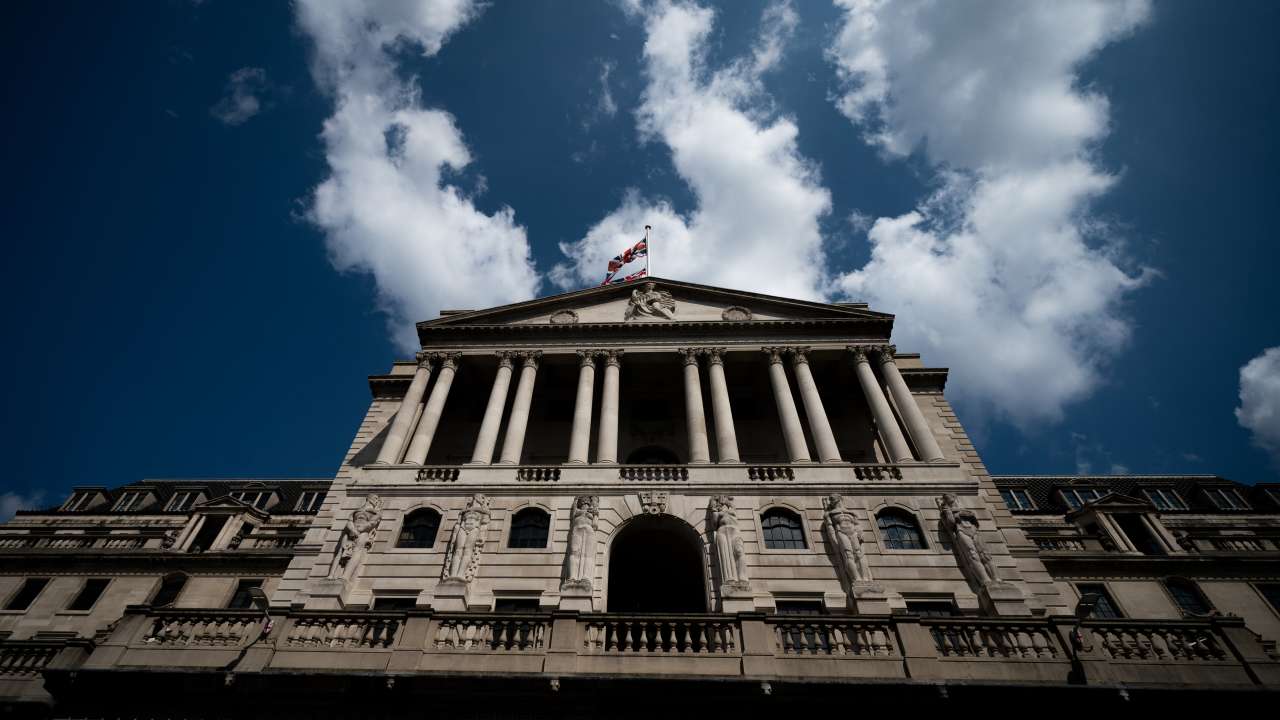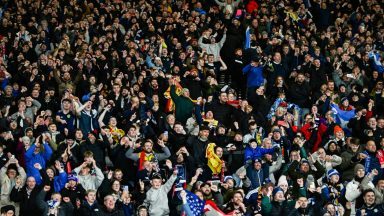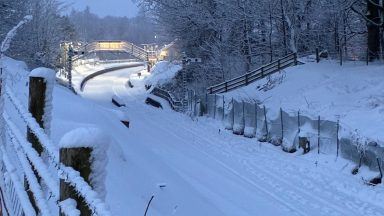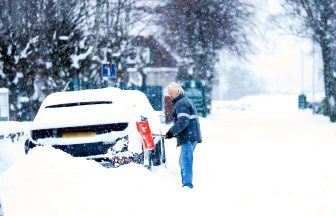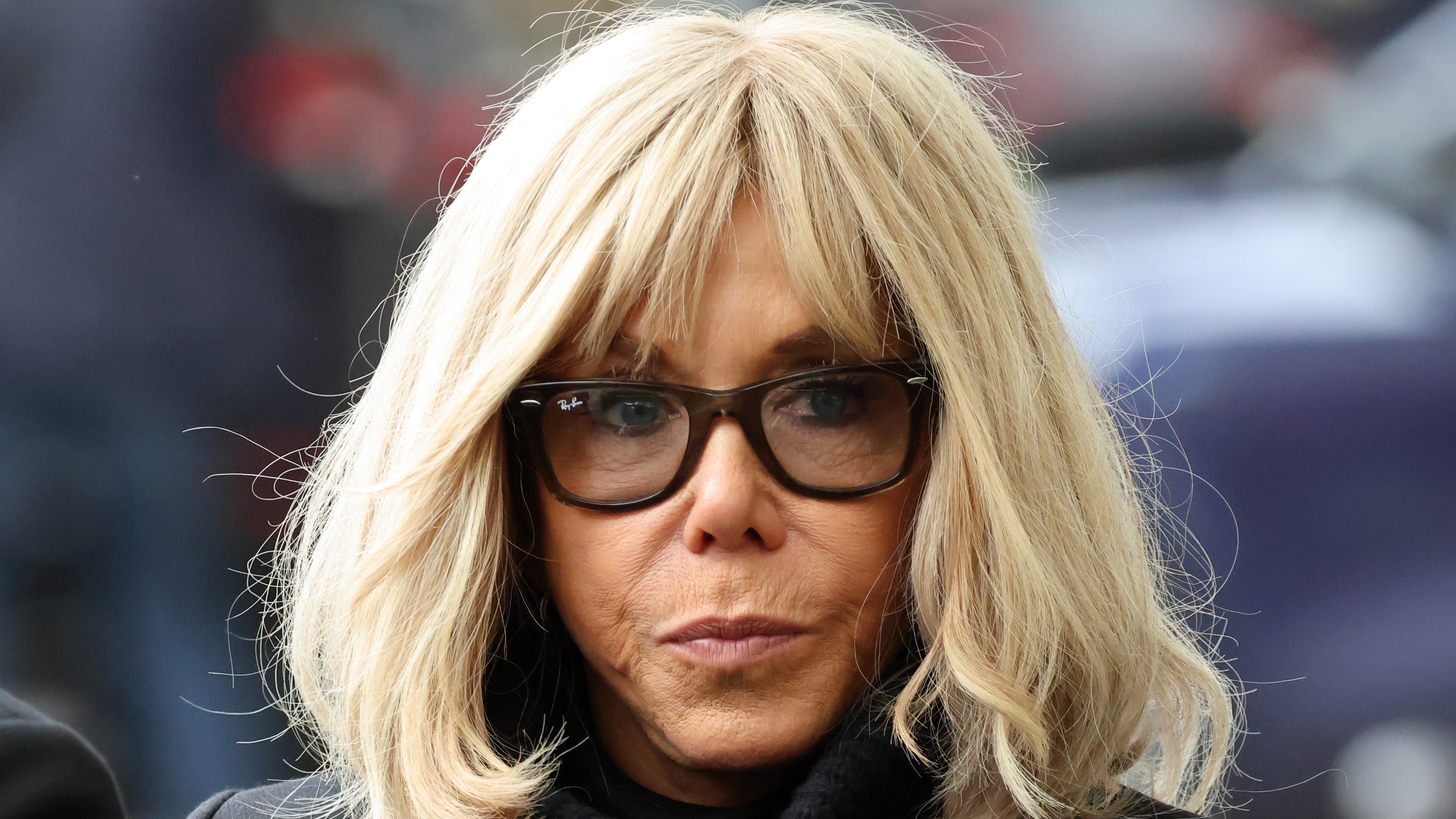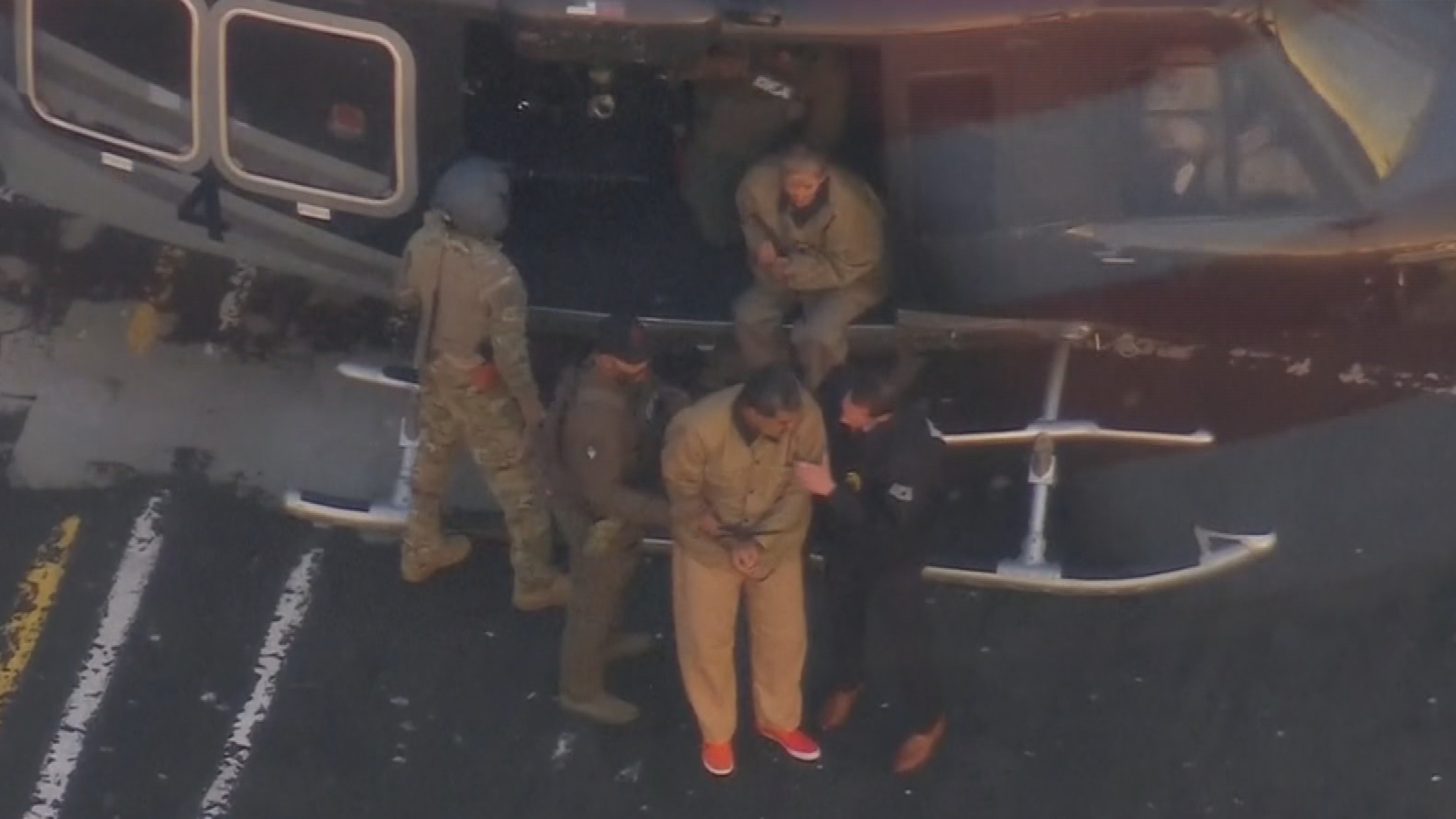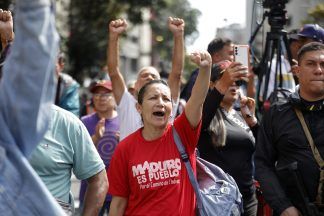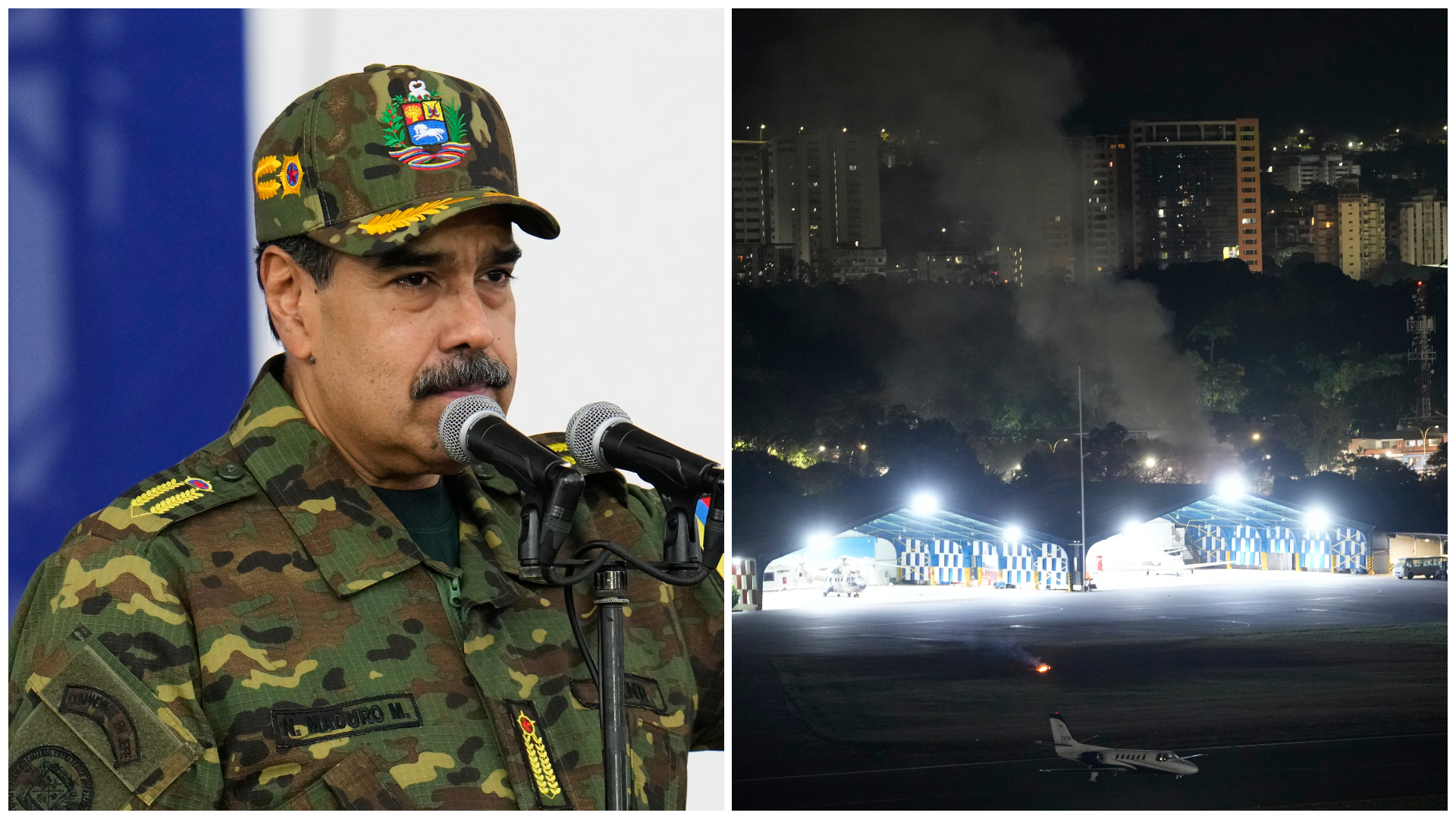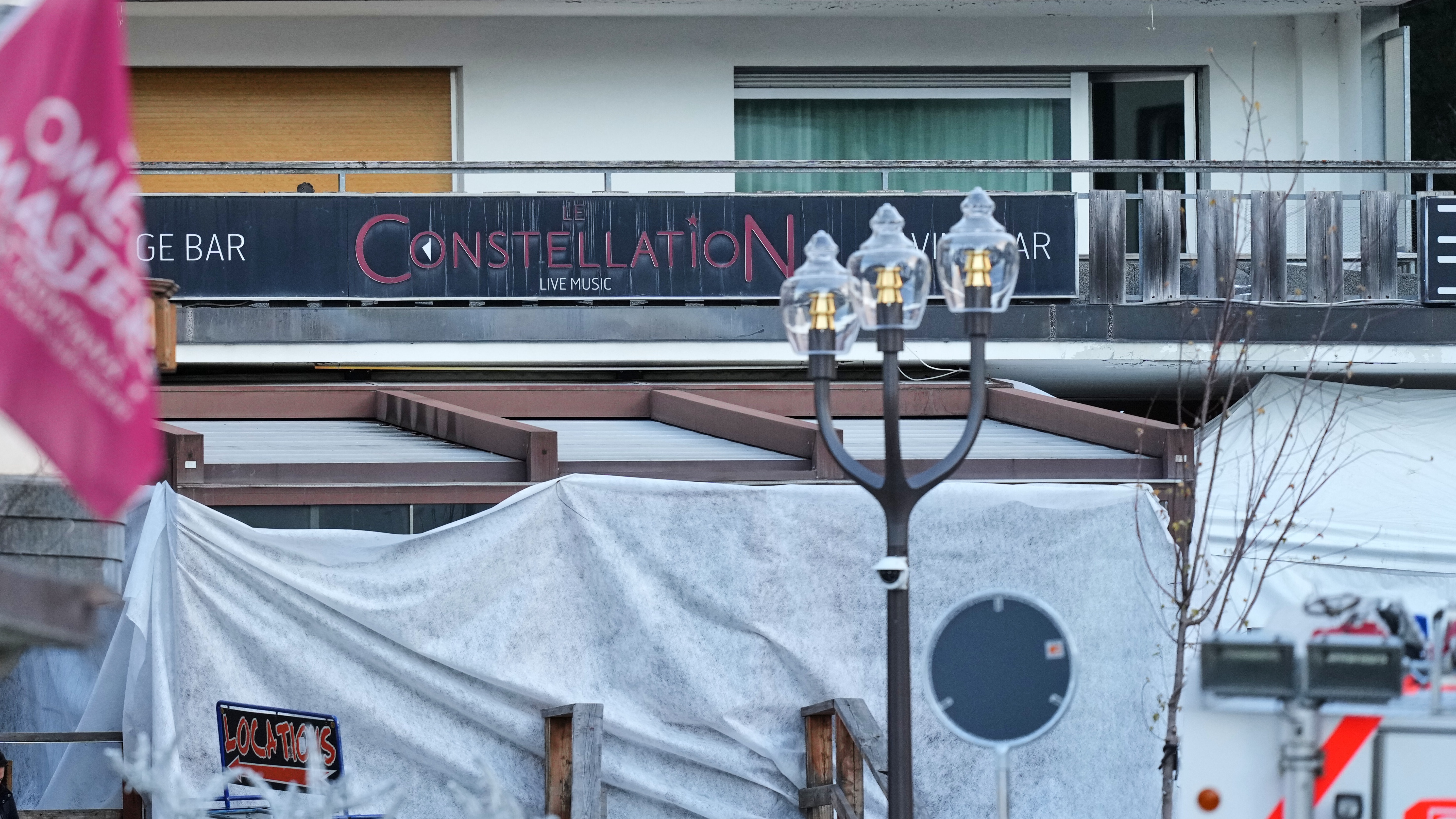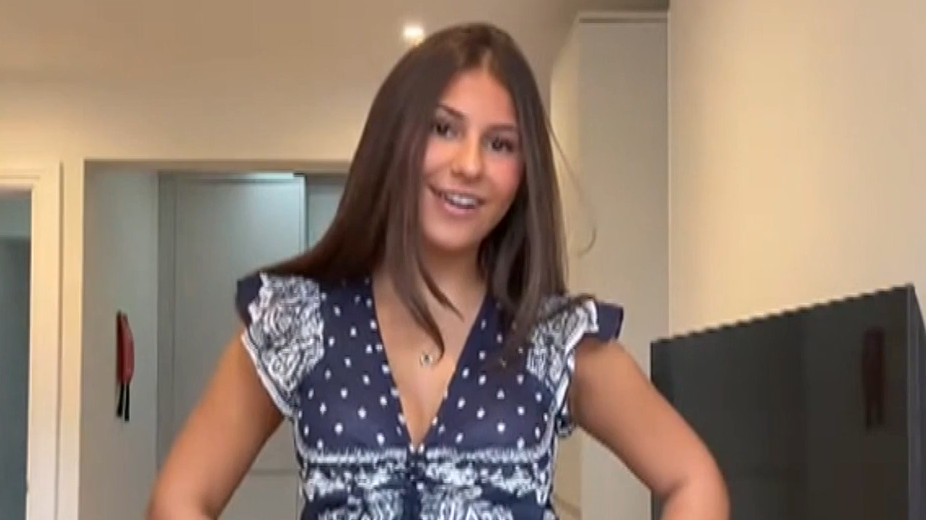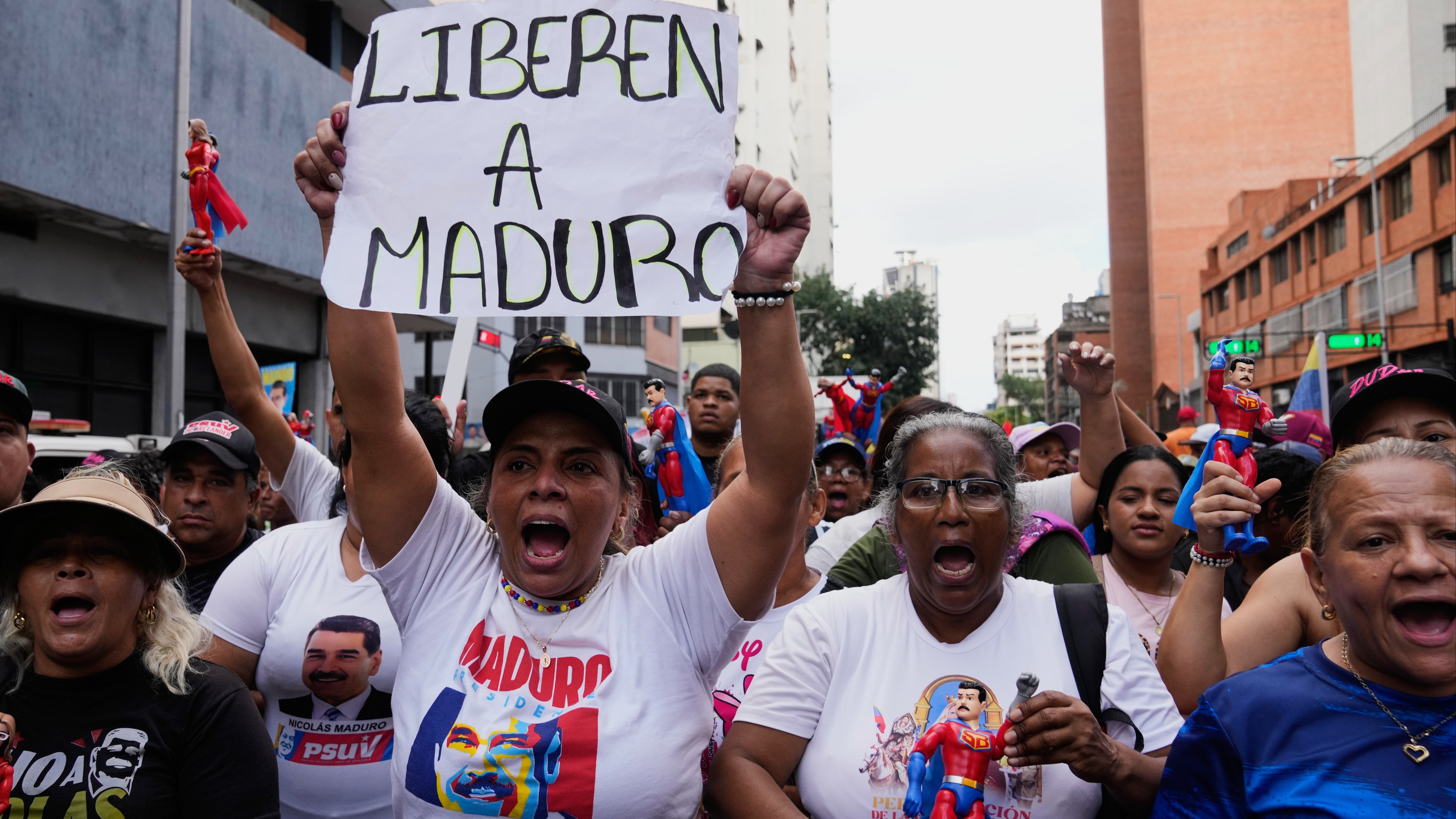ITV News’ economics editor Joel Hills explains what these new inflation figures mean for the Bank of England, and the country
The headline annual rate of inflation was widely expected to rise in August. Instead, it edged down.
Other measures of inflation which the Bank of England has held up previously as better guides to the underlying trend also fell by more than had been predicted.
“Core” inflation eased down to 6.2% last month. “Services” inflation – the recent strength of which has been widely interpreted as proof that inflation is feeding itself domestically – fell back to 6.8%. The Bank had 7.2% pencilled in.
These are happy “misses”. All of three numbers are reasons to be hopeful that what we are now experiencing is a broad-based and sustainable slowdown in price rises.
Many business groups see the latest data as proof that the Bank of England’s work is done – that inflation is all but tamed.
The Federation of Small Business wants an end to interest rate rises.
The Institute of Directors says Bank Rate at 5.25% is “doing (its) job and should be given more time to work”.
The British Chambers of Commerce warns of unintended consequences and points out that many of its members are already struggling to service debts and take out new loans.
Last week, the Chair of John Lewis, Dame Sharon White, told ITV News that if the Bank increases rates again tomorrow it would be a “mistake” that would increase the risk of a recession.
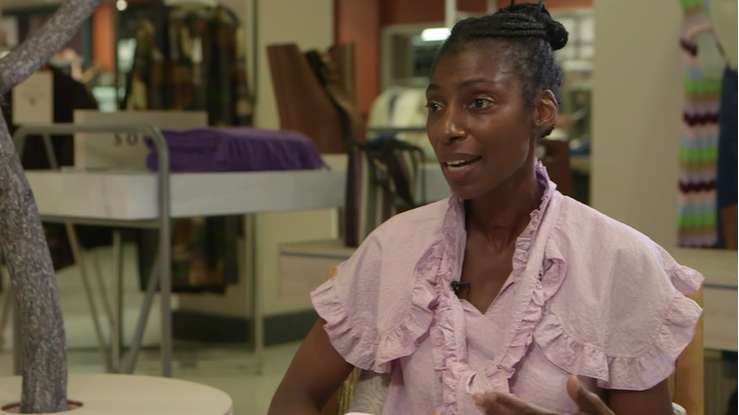
The direction of travel looks clear enough but some on the Bank’s Monetary Policy Committee have already said that they want cast-iron evidence before they stop tightening.
They point at pay growth in the private sector – which is running at 8% – and argue this suggests that companies are raising their prices to fund wage settlements.
The global price of oil has also marched North again, towards $100 a barrel.
The price of petrol has risen by 10 pence a litre at the pump since the beginning of August, the price of diesel is up 13 pence.
Of course, the oil price is set internationally and tends to be volatile but there is an argument to continue hiking – it just got weaker.
The Bank faces a genuine dilemma. Martin Weale, who sat on the Monetary Policy Committee between 2010 and 2016, has changed his mind.
‘These figures prove to be a flash in the pan’ – Martin Weale
“If I were still on the MPC, until these figures came out, I had been thinking I would vote for an increase, but not now,” he told ITV News.
“The key point is that if the interest rate is left unchanged this time, it doesn’t rule out further increases if the need for them arises because these figures prove to be a flash in the pan.”
Let us finish by reminding ourselves that falling inflation does not mean falling prices.
Indeed, while the pace at which food prices are rising has eased, annual growth of 13% is still brutal and price levels are substantially higher than they were 18 months ago.
The last word goes to the Joseph Rowntree Foundation: “For 7.3 million low-income households, the costs of essential goods and services have reached a level that is literally unaffordable.”
Follow STV News on WhatsApp
Scan the QR code on your mobile device for all the latest news from around the country


